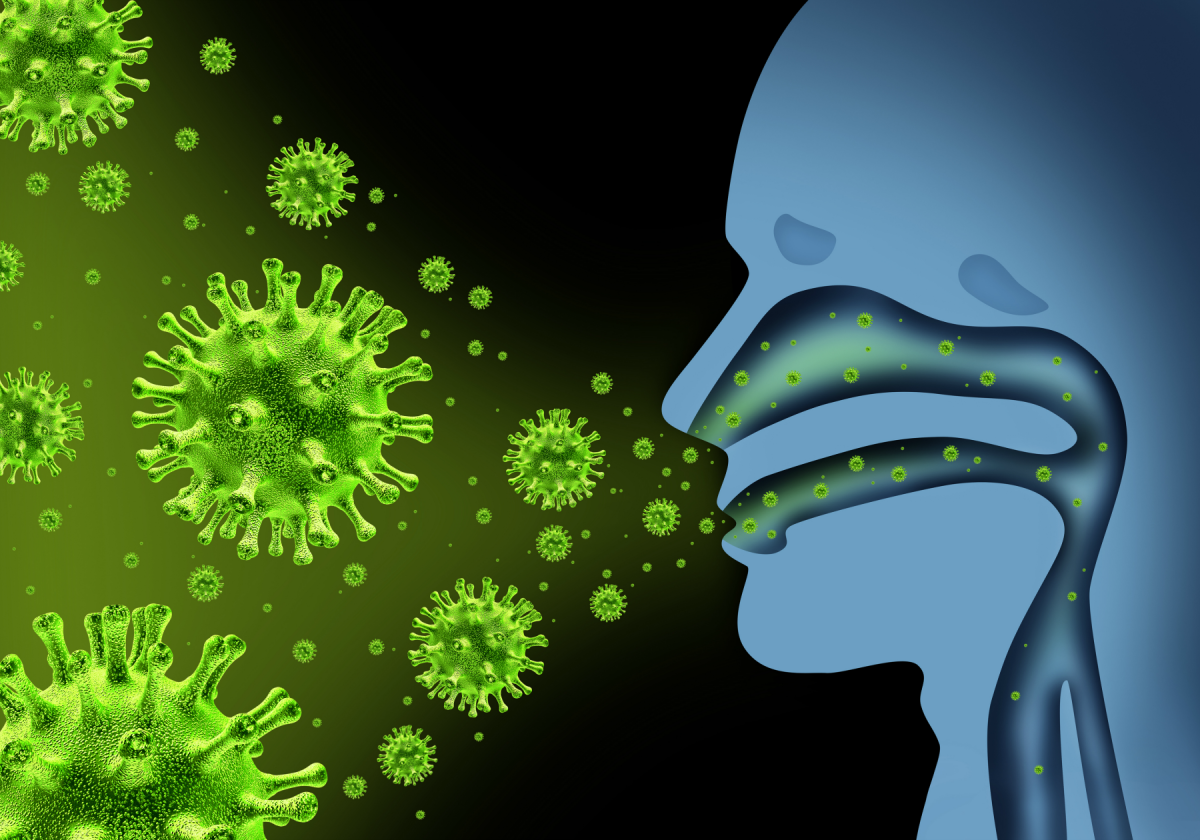Know all About Influenza
Apr 19, 2022
Influenza, commonly called the flu, is a viral infection affecting mainly the nose throat airways and lungs. Although confused with some influenza like illnesses like common cold, influenza is generally more severe.

Cause
It is caused by influenza virus with three subtypes A B and C. The three subtypes do not exhibit cross immunity which means if a person suffers from one subtype of a virus, he still can be infected by another subtype even if he is recovering from one subtype. Another important aspect of influenza virus is that it changes the structure frequently enabling it to re-infect frequently.
Reservoir
The major reservoir of influenza virus is birds and animals. Most of the subtypes of viruses have been isolated from a variety of animals like pigs, horses, cats and bats.
Source of infection
Source of infection is generally a case or subclinical case where a person is infected with virus but does not show any symptoms. During epidemics a large number of mild and asymptomatic infections occur which play a significant role in spreading the infection. The droplets of secretions generated during sneezing, coughing infect persons by direct transmission or through fomites like linen furniture door knobs when an unsuspecting person touches a freshly infested area.
Period of infectivity
The virus remains in the nasopharynx from 1 day prior to a couple of days after the symptoms. The patient remains infective through most of this period.
Symptoms
Mild case – running nose sneezing coughing fever
Severe case – high grade fever breathlessness decreased conscious level hypotension and shock
Persons at high risk of developing severe disease are extremes of ages like children and older persons, pregnant women highly obese individuals and persons with comorbidities like asthma, COPD, diabetes and renal failure
Environmental factors
Seasonal variations are striking in the spread of flu epidemics as most of the flu epidemics occur in winters. Overcrowding helps in spread of the virus like schools, institutions.
Management
Mild cases can be managed at home with symptomatic treatment, relative isolation and they recover generally in 4 5 days. They only require rest, lot of warm fluids and symptomatic medications like antipyretics and decongestants.
Severe cases require hospitalisation and are admitted in wards or intensive care setting depending upon the condition.
Prevention
- One should avoid crowded places in epidemic scenario.
- One should avoid close contact with the infected person.
- One should contain one’s secretions by covering mouth and nose while coughing or sneezing
- One should avoid touching nose and mouth too frequently
- One should wash hands frequently and use sanitiser where ever necessary
- One should practice good health and hygiene practices to stay active, have nutritious food to boost the immunity.
Vaccines
Vaccines are available to protect from infection. They are to be taken annually and are generally effective if taken 3 4 weeks prior to onset of winter.









